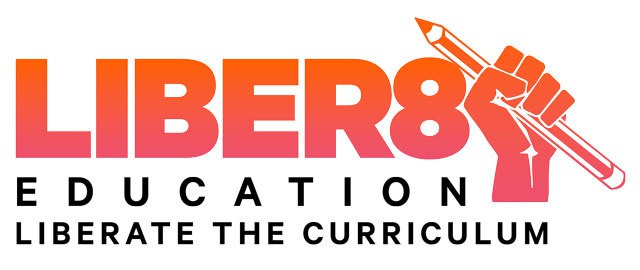
The issue
Wide quantitative and qualitative evidence suggests that not all students are having equitable academic experiences.
42 per cent of Black students said the curriculum did not reflect issues of diversity, equality and discrimination.
One in 10 trans students never feel comfortable to speak up in class and almost one in four women do not feel comfortable to do so.
16.1 per cent is the gap between the number of 2:1 or 1st degrees awarded to White UK-domiciled students and BME UK-domiciled students.
Why does it matter?
- The curriculum should not disadvantage any student or students because of their background or characteristics – people should have equal opportunities to do well.
- If we liberate the curriculum it will also mean the curriculum will be diverse – which will help the development and learning of all students.
- If this goes unchallenged or is ignored, lad culture, harassment and sexual violence that is prevalent on many campuses will continue to harm the experience of women not enabling them to participate fully or take an active role not only during their time at university or college but in society more widely.
What are we doing?
- NUS have made significant progress in bringing these issues to the forefront of the national agenda in education and working with the government and sector bodies on strategic approaches to challenge the curricula and assessment methods.
- The NUS Black Students’ Campaign and the NUS HE Zone have collaborated to empower student reps from academic and Liberation groups with the tools to transform and decolonise education so that it is more representative of the diverse student body.
- There is now a hub full of resources for you to use for bringing your fellow students, course reps and Liberation groups together to discuss and develop approaches to campaigns to design a curricula that works for them and approaches to tackling attainment gaps.
- Delivering workshops and presentations at unions across the country and collecting case studies of local campaigns.
What do we need to do?
- Make use of the resources on all areas of the campaign from specific liberation groups to getting the conversation started on campus more generally.
- Gather evidence on your campus by reviewing / auditing your course curriculum and/or assessment processes to see how inclusive they are. Consider surveying students to see how satisfied they are with their course content and learning experience.
- Identify key people – utilise course reps, societies and liberation officers and how to engage with the variety of students affected.